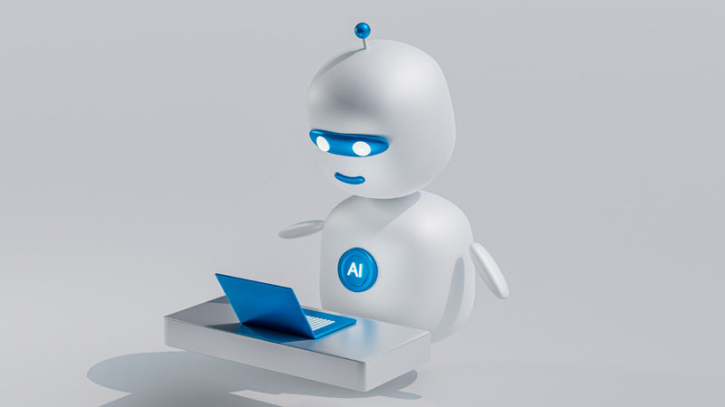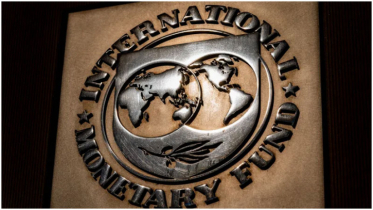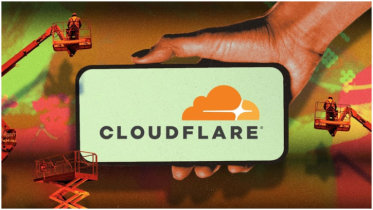The dark side of AI

Before the 1970s OPEC crisis, a powerful cartel of just seven oil companies (dubbed the “Seven Sisters”) controlled nearly 85 percent of the world's petroleum reserves.
Even though the previous oligopoly's strength and influence have waned over time, a new oligopoly known as the digital oligopoly has taken its place. This time, data will be used as fuel rather than oil.
Most of the world's data and online commerce is controlled by a few businesses, including Google, Facebook, Amazon, and Apple. Because of their power, they can influence every aspect of our lives, from individual behaviours to national policy.
These digital oligarchs are now rapidly evolving into AI oligarchs, giving them even more power over our lives and society. The growth of this new oligopoly is fueled not just by their immense wealth but also by their control over available data resources.
From the digital to AI oligopoly
What's driving the rise of the emerging AI oligopoly? Generative AI.
And what is generative AI?
Unless you've been living under a rock, you've undoubtedly been inundated by all the hype. The media is awash with stories and reports on what these types of generative artificial intelligence are capable of doing, and there are numerous examples of generative artificial intelligence, such as ChatGPT, DALL-E, and Bardand Stable Diffusion.
Generative AI is a fascinating branch of Artificial Intelligence that goes beyond traditional AI's analytical abilities. It creates new content, from writing and images to music, rather than simply understanding and interpreting existing content.
What generative AI has already produced is incredible, ranging from photorealistic images of celebrities to symphonies that sound like they were composed by people. Even as I write this, generative AI is leapfrogging this article, generating realistic videos, writing entire pitch decks, running sales campaigns, etc.
Building these generative AI systems requires vast amounts of data, powerful computing resources, and specialized expertise. Unfortunately, only a few large companies have access to all three.
With their deep pockets and data access, these companies can create even better systems by building on top of what they already have. They can also hire the brightest and best minds in the field, giving them a significant advantage over smaller companies.
This power concentration is a self-perpetuating loop. Large firms can construct more powerful systems as they invest more in AI, giving them an even bigger advantage over their competitors.
We are now starting to see a de-commoditization of AI. Only the oligarchs can continue to build these large and expensive AI systems, creating a divide between those with the resources to take advantage of the latest AI innovations and those without. These dominant companies are the “sharks,” and the rest of the smaller companies and startups are the “pilot fish,” relegated to relying on scraps of technology and overlooked gaps in the market.
What are the implications?
Dystopia instead of utopia?
The de-commoditization of AI has far-reaching consequences for the future of technology.
Barriers to entry for startups and small businesses will increase the concentration of wealth and power among the oligarchs. These restrictions will reduce the diversity and innovation of the tech industry.
However, a more dangerous implication is that these firms will have so much power that they may be able to operate beyond the reach and regulation of governments.
How so? Here are a few ways this could play out:
These enormous AI systems are challenging to regulate because of their complexity and size. As technology evolves rapidly, governments may lack the expertise and resources to monitor and regulate it.
Consolidating AI powers raises concerns about potentially misusing sensitive personal information, leading to privacy concerns. Moreover, this consolidation will harm consumers by reducing competition. Governments will struggle with keeping markets fair and open.
Consolidating AI powers raises concerns about the potential misuse of sensitive personal information, creating privacy concerns. Furthermore, by eliminating competition, this consolidation will affect consumers. Governments will be struggling to keep markets open and fair.
Why should we care?
We should, if we believe in equity.
AI's benefits should be available to all, not just the privileged. If innovations and resources are not equitably shared, a divide will form between those with access to the latest innovations and those without access. The inequities will result in the perpetuation of existing inequities and the worsening of new ones.
In a monopoly, there is less incentive to invest in research and development, stifling innovation and growth.
Making AI more equitable will foster innovation and competition, resulting in greater development and breakthroughs. AI must be able to accommodate a wide range of ideas and points of view.
A more balanced AI landscape will make it easier for governments and other organizations to regulate the technology to ensure that AI is used responsibly and ethically.
What can we do?
Are we already in the era of AI oligarchs? No, but we will if we don't start having these dialogues now.
Governments and organizations must facilitate and encourage diversity in artificial intelligence development. They must invest in education and training to build AI resources, as well as encourage startups and small enterprises and push for more open-source AI efforts. Furthermore, they must encourage competition by offering small and medium-sized businesses financial incentives.
Governments must catch up to the complexity and diversity of AI systems by adopting proper rules and regulations for their development and implementation. These criteria will act as ethical and regulatory checks on AI systems.
However, governments must always play catch-up as AI advances at breakneck speed.
We must strike a balance between preserving AI and stifling innovation.
This will not be easy.
Source: Dhaka Tribune.
.png)




